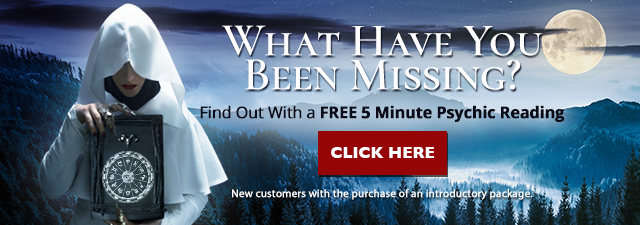Five Things You Didn't Know About Vampires

Are they grotesque or unworldly beautiful? Do they burn or sparkle? Are they outright evil, or can they show benevolence? Whatever your version, the vampire is a mainstay of cultural folklore across the globe. With the rise of vampire-led film franchises and TV series, our relationship with these mythical creatures is stronger than ever. But, what do you know about vampires? Read on for some surprising facts about our blood-sucking, undead friends.
1) Getting Bit by a Vampire Isn't the Only Way You Become One
The most commonly depicted method for turning a human into a vampire is with—a vampire bite. However, folklore and other mythologies feature more ways a human can get some fangs. Other sources include magic, contagions, suicide, and a feline jumping over a freshly dead corpse as ways to transform.
Becoming a vampire isn't always something that needs to happen to a human after the fact. For example, some myths state that a baby born with teeth or between Christmas day or anywhere between Christmas Day and Epiphany (Dec. 25-Jan. 6); are predetermined to become our favorite little blood-suckers.
2) The First Vampire Folklore Is Not from Transylvania but Ancient Greece
Although the tales of Count Dracula may be the most infamous origin of the vampire in myth, those in ancient Greece believed some creatures haunted villages at night to drain their victim's bodies of all their fluids.
In medieval Europe, disease and death ran rampant for decades and centuries at a time. Some common diseases, including tuberculosis and rabies, caused sensitivity to light, garlic, pale skin, and wasting away of the body. Sound familiar?
3) Natural Decomposition Used to Be a Sure-fire Sign You Were a Vampire
Believe it or not, those long dead were customarily dug up in many cultures around Europe to examine the corpse and determine if they became a vampire. Natural characteristics of decomposition, such as the appearance of further nail and hair growth and receding gums, were thought to be signs that the individual's soul was indeed undead.
Due to the lack of technology and the death rate in many European cultures, it was also a common fear to be buried alive. As a result, many inventors attempted to create tools like bells and other alarm systems if someone returned from the dead—in the grave.
4) One of the Cruelest Real-life Vampires Was Not a Man but a Woman
You heard that right. Vlad II Dracula was indeed said to have possessed shapeshifting and mind control to impale many victims in a gruesome manner. Vlad made a comeback to inspire Bram Stoker's Dracula centuries after his bloody reign. However, a lesser-known but just as evil human-vampire was Countess Elizabeth Báthory of Hungary. She is one of the world's first known serial killers, murdering thousands of young girls from nearby villages. She didn't stop there—she bathed and drank the blood of her young victims to preserve her mortality.
5) Vampires Are Not Only Undead Movie Stars, but Their Myths Carry on Today
Modern urban myths persist today when you thought vampires were trapped inside TV shows, films, and books. As late as the 1960s and 1970s, a vampire is said to torment the Highgate Cemetery in London. Popular urban legends continue to persist in cultures around Malawi and England. Fortunately for them, the undead seem to have great lasting power!
Whatever your unique definition, it seems like vampires and the myths they create are here to stay—what new facts did you sink your teeth into?









